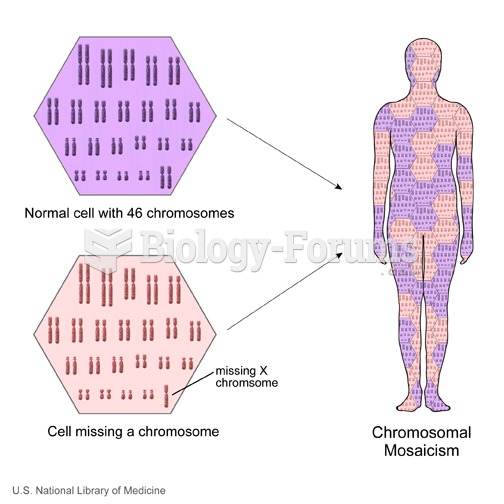This topic contains a solution. Click here to go to the answer
|
|
|
Did you know?
Sperm cells are so tiny that 400 to 500 million (400,000,000–500,000,000) of them fit onto 1 tsp.
Did you know?
About 100 new prescription or over-the-counter drugs come into the U.S. market every year.
Did you know?
There are more bacteria in your mouth than there are people in the world.
Did you know?
If all the neurons in the human body were lined up, they would stretch more than 600 miles.
Did you know?
The largest baby ever born weighed more than 23 pounds but died just 11 hours after his birth in 1879. The largest surviving baby was born in October 2009 in Sumatra, Indonesia, and weighed an astounding 19.2 pounds at birth.







